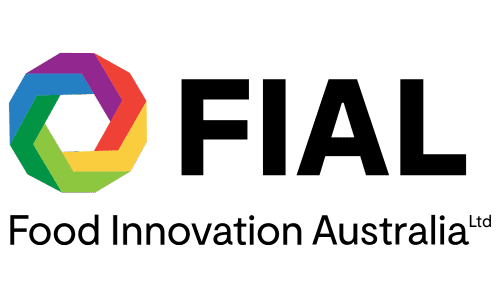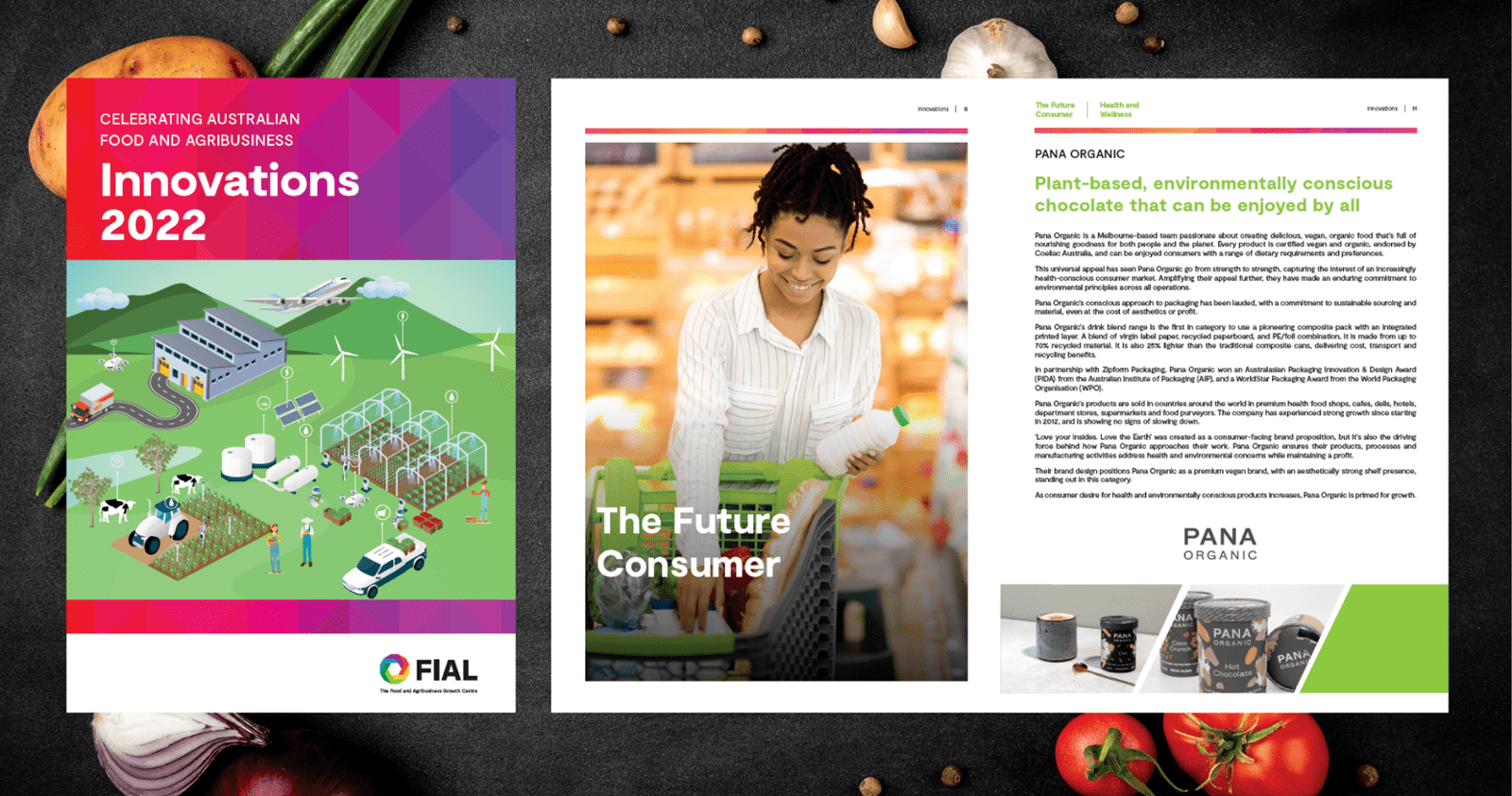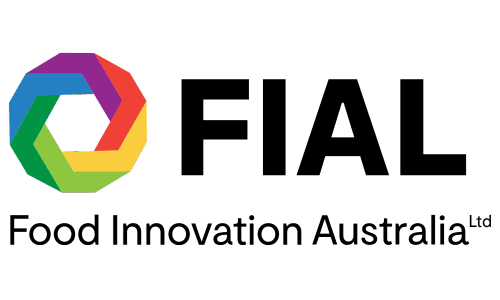Using innovative food product reformulation and design (e.g. reduced fat and sugar; functional foods; and fortified food) to support growing numbers of consumers seeking ‘healthier’ foods or foods targeting specific health outcomes.
The Turbine Precinct is Australia’s most ambitious investment to date, in food and beverage innovation. Receiving funding from the Federal Government to kick-start the project, it will house end-to-end infrastructure and support, allowing start-ups and SMEs to take a great idea through to commercialisation and export – all in one location.
Located at Sunshine Coast Airport, the Turbine Precinct will bring together a critical mass of expertise and capability that spans the entire value chain. This ecosystem will also include partnerships with research, education and training, and government organisations to support individuals and businesses within the precinct and beyond.
The impact of this project will be significant, with hundreds of jobs created on the Sunshine Coast. Once fully operational, wages generated within the precinct are expected to be anywhere from 12 per cent to 60 per cent higher than industry average wages.
Over the long term, the Precinct is expected to boost most industries, but the highest uplift in industry value- add will be manufacturing, with approximately $300 million in revenue expected to be generated by Turbine’s Project Partners.
With around half of all products produced within the Precinct likely to be exported, the Precinct’s export accreditation and location at the Sunshine Coast Airport will provide seamless access to global markets. It’s due to commence operations in late 2023.
The Precinct is a response to an industry-led desire to scale and innovate together, through accessing world-class services and advanced manufacturing infrastructure. This collaborative approach to manufacturing is core to the idea of the Precinct, and made possible by government investment into shared infrastructure via a not-for-profit structure, benefitting SMEs that make up 93 per cent of the sector.
The FIAL-backed Food and Agribusiness Network, supported by industry and key stakeholders, led the Turbine funding submission and demonstrates the importance of industry clusters in building collaborative ecosystems.



